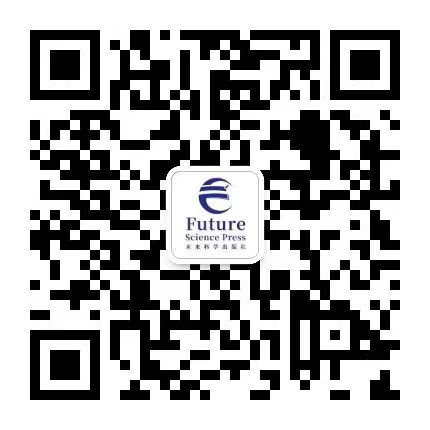作者:Huang jingyao
院校:University of the Visayas
Key words: Education; Participation in World Creation; Functionality; New Era
References [1]Ding Nianjin: "The Connection of the Three Main Lines of Education Pointing to Quality Learning", Journal of Shanghai Normal University (Philosophy and Social Sciences Edition), No. 5, 2020. [2]Lao Tzu, translated by Rao Shangkuan, Zhonghua Bookstore, 2006 edition, p. 63. [3]Four Books and Five Classics (Part I), Chen Shuguo Dian School, Yuelu Books, 1991 edition, p. 7. [4]Ding Xueliang, "An Overview of Marx's View of "Comprehensive Human Development", Chinese Social Sciences, No. 3, 1983. [5]The Complete Works of Marx and Engels, vol. 42, People's Publishing House, 1979 edition, p. 122. [6]Selected Works of Marx and Engels, vol. 3, People's Publishing House, 2012 edition, p. 136. [7]Feng Qi: The Great Dictionary of Philosophy (Revised Edition), Shanghai Dictionary Publishing House, 2001 edition, p. 1537. [8]Philip Smith, Cultural Theory – An Introduction, translated by Zhang Kun, Commercial Press, 2008, p. 11. [9]Tian Hanzu: "Research on Education Economics and Innovation of Educational Concepts in China", Education Economics Review, No. 4, 2021. [10]Huang Quanyu: Quality Education in the United States, Changjiang Literature and Art Publishing House, 2017 edition, p. 21. [11]Ding Nianjin: "Discussion on the Basic Role of Teachers in Fourth-Generation Education", Modern Basic Education Research, 2021, No. 1. [12]Du Xiangwan, Xie Heping, Liu Shijin, "The Great Significance of Ecological Civilization Construction and Research on Energy Transformation", Science Press, 2017, pp. 41-42. [13]Yuval Harari, A Brief History of the Future: From Homo sapiens to Godman, translated by Lin Junhong, CITIC Press, 2017, pp. 288-317. [14]Selected Works of Marx and Engels, vol. 4, People's Publishing House, 1995 edition, p. 383. [15]"Walking, Passing by, Don't Leave Too Much Carbon Footprint", Reference News, November 5, 2021, 7th edition. [16]Lu Youquan: "Philosophy and Examination of Education", People's Education Publishing House, 2016, p. 302. [17]Selected Works of Marx and Engels, vol. 4, p. 532. [18]Robert J. Sternberg, A Handbook of Creativity, translated by Shi Jiannong et al., Beijing Institute of Technology Press, 2005, p. 11. [19]Teng Dachun: General History of Foreign Education, Volume 5, Shandong Education Press, 1993, pp. 311-313. [20]John Dewey: "Democracy and Education", translated by Wang Chengxu, People's Education Press, 2001 edition, p. 97.
Copyright © 2021-2022 未来科学出版社 All Rights Reserved.
+65 6396 6190

微信二维码